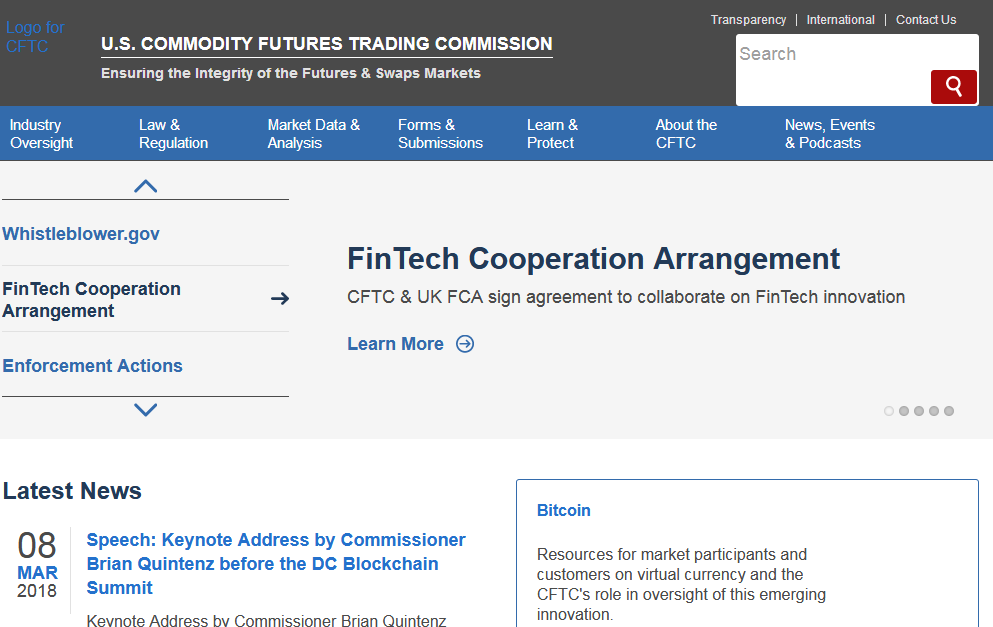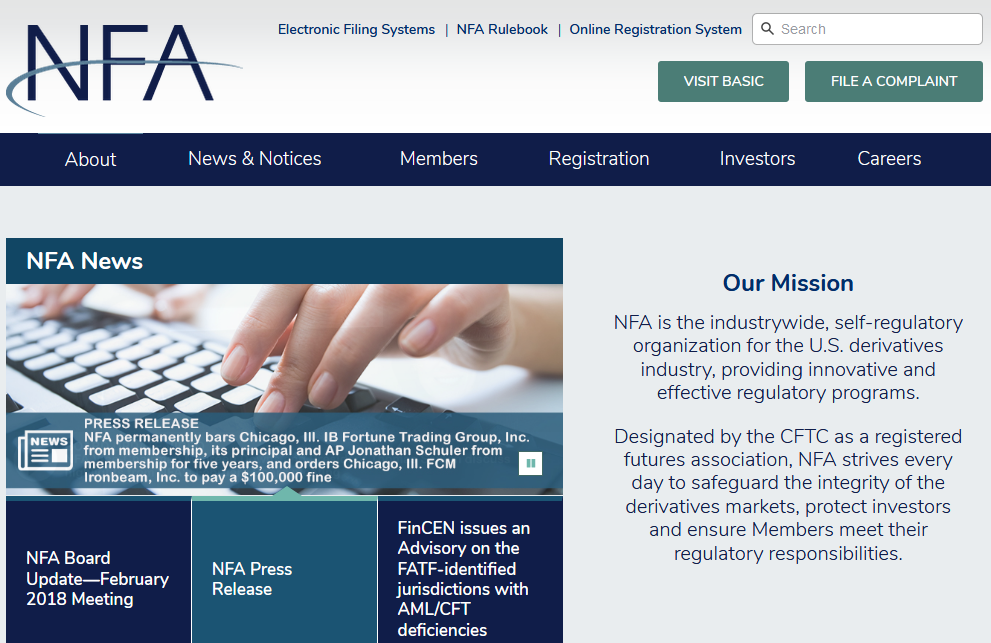
The international forex market is extraordinarily liquid, with an great daily buying and selling volume. Furthermore, the market is open for trading 24 hours a day, 5 days a week, which lets in you to set your personal buying and selling schedule. Therefore, because of its benefits and conveniences, the foreign exchange market has attracted a huge range of buyers from all over the world.
However, foreign exchange buying and selling in the U.S. is no longer the same as in other countries. Although the forex market is decentralized, traders in the U.S. have greater restrictions than those in off-shore countries. The forex buying and selling surroundings in the U.S. is closely regulated, and brokers have to adhere to strict guidelines.
Understanding the United States Forex Trading Environment
The United States foreign exchange buying and selling industry is very distinctive from the relaxation of the world. Primarily, supplying foreign exchange brokerage offerings in the us of a is not as easy as offering the identical offerings in different countries.
In the U.S., a forex trading patron is defined by means of the law as any man or woman or entity whose value of net really worth is much less than $10 million. In itself, the U.S. regulation is meant to guard the pursuits of small investors.
Regulation of the U.S. foreign exchange trading industry was tightened in response to the worldwide financial crisis of 2007-2010. In 2010, the Dodd-Frank Act was signed into law to patch up enterprise activities on Wall Street and shield customers from exploitation. However, its passage resulted in the downfall of a number of U.S. foreign exchange brokerage firms.
In 2006, there were about 50 brokerage corporations presenting foreign exchange buying and selling services to clients in the country. However, following the sweeping Dodd-Frank legislation, that wide variety has decreased significantly. The regulation also forbids foreign exchange brokers from different nations from recruiting U.S. customers.
Since the implementation of the Dodd-Frank Act, the U.S. market share in the foreign exchange enterprise has decreased considerably. In 2009, the country’s share of the international retail forex buying and selling quantity was once 6%. In 2016, that share had reduced by using 1/2 to 3%.
The U.S. authorities has stipulated strict regulatory necessities that brokers (including introducing brokers) involved in offering services to clients need to adhere to. Before allowing U.S. citizens, the brokers have to be registered with the NFA (National Futures Association) and regulated by the CFTC (Commodity Futures Trading Commission).
The NFA and the CFTC define the regulatory framework that upholds transparency, honesty, and protection of one of a kind market participants. Together, the two businesses make sure the U.S. forex industry is as fraud-free and honest for all as possible.
The existence of a lot stricter rules in the U.S. has made the forex enterprise to thrive in locations with extra cosy regulations around the world.
Role of the CFTC and NFA
Created in 1974, the CFTC is an impartial U.S. authorities employer that is tasked with making sure transparency and integrity in the economic markets by stopping dangers such as fraudulent market activities, manipulation of market conditions, and monetary malpractices.
Here is a screenshot of the CFTC website.

Forex Trading in the U.S. – CFTC website
Since the market chaos of the 2007-2010 monetary crisis, the company has been introducing strict working protocols that govern the working of brokers and different economic companies within its jurisdiction. Ultimately, CFTC targets to enhance the normal have confidence and self belief amongst merchants regarding the protection of their funds and trading capital.
To do away with fraudulent things to do in the U.S. foreign exchange market industry, the CFTC consistently updates its online rip-off list as properly as the RED List (Registration Deficient List) with the contemporary deceptive incidents. If a broker is regulated by means of CFTC and is caught violating any regulations, the agency will take the crucial moves to protect investors, together with enacting heavy fines and sanctions.
On the different hand, the NFA works beneath the CFTC to preserve the integrity of the U.S. economic markets. The NFA was established in 1982 self-regulatory organization. The CFTC requires foreign exchange brokers and many different forex firms to be registered with the NFA.
Here is a screenshot of the NFA website.

Forex Trading in the U.S. – NFA
Instead of regulating brokers and different economic hands directly, the CFTC extends an awful lot of that duty to the NFA. The NFA is tasked with regulating the activities of any individual or company intending to take phase in the U.S. monetary industry.
Both organizations collaborate with every other to supervise the moves of the member corporations and make sure adherence to transparency and fraud-free conditions. They also take phase in dealing with patron dispute decision issues.
Nonetheless, each forex buying and selling dealer operating in the U.S. ought to get a registration certificate from the CFTC, even even though the NFA watches over the regulation of such firms. As such, the financial things to do of a CFTC foreign exchange buying and selling broking are appropriately regulated by using the NFA. With the dual regulation, probabilities of economic malpractice and investor abuse are notably reduced.
